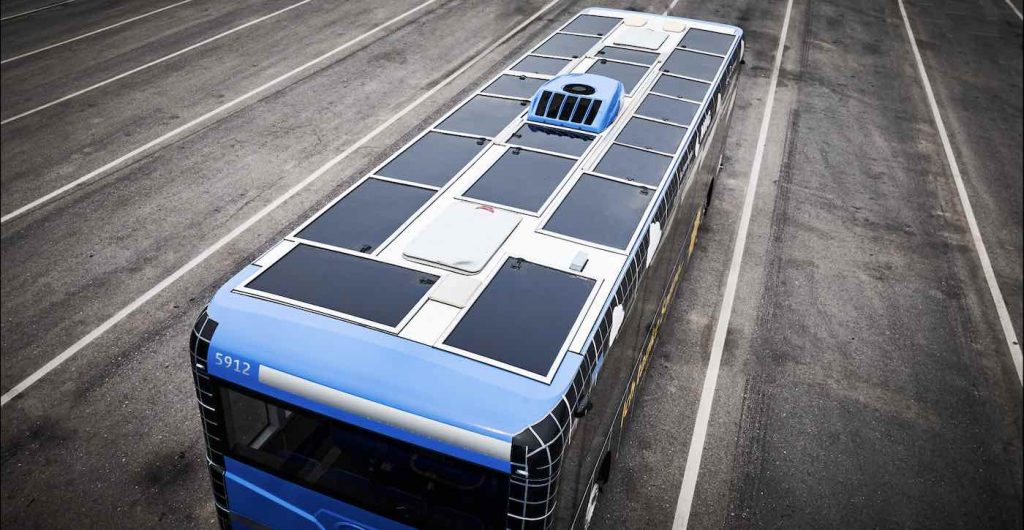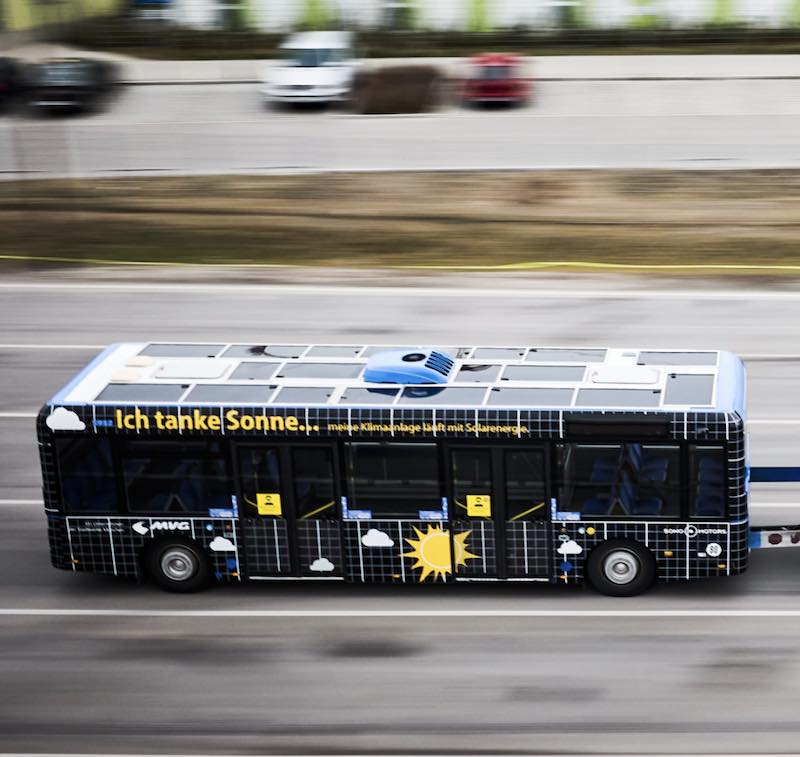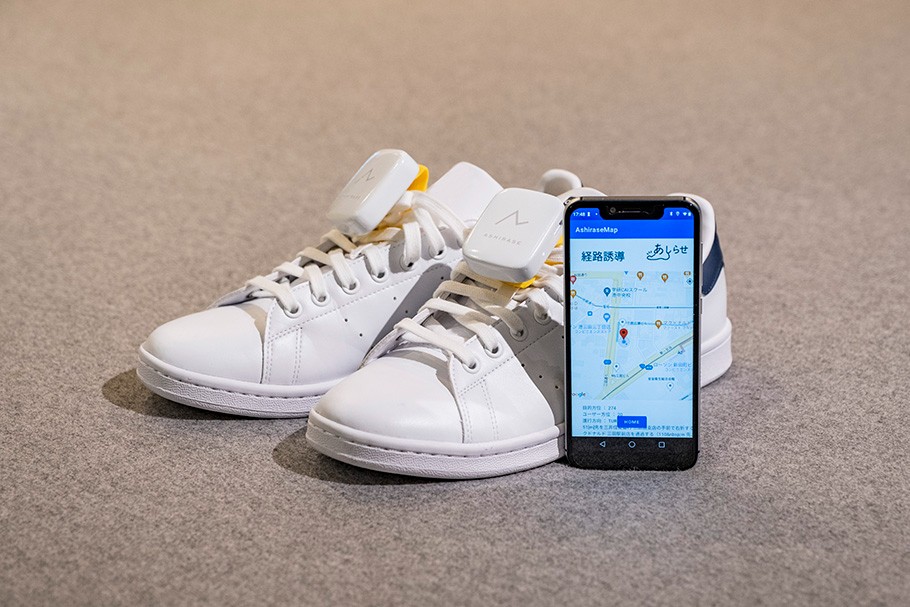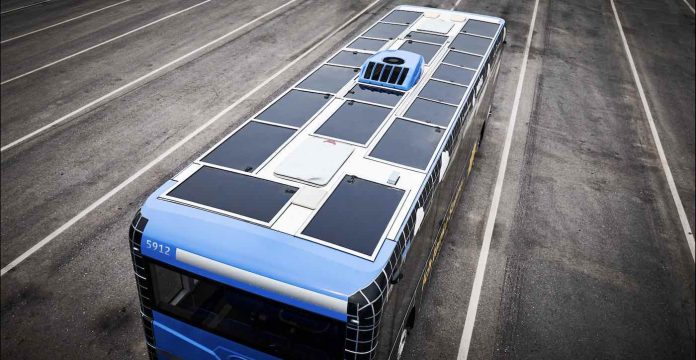Munich’s First Solar Bus Technology Will Hit the Road to Reduce Emissions and Pollution

Saving fuel, slashing emissions, and cutting pollution are just some of the benefits of installing solar panels on public transportation buses—and the city of Munich is buying a ticket to the future by doing just that.
Founded by a trio of German friends in 2016, Sono Motors went public in 2021, selling their Sion solar-paneled car, which is also a home energy storage system.
Now, in partnership with the Munich Transport Company (MVG), a novel solar bus trailer will soon hit the roads, carrying passengers in daily operation.
The Sono Solar Technology is offering possible savings—per bus—of up to 2,500 liters of diesel each year and a reduction of 6.5 metric tons local CO2.
The bus trailer will be pulled by a conventional bus, to provide extra capacity on busy routes. Normally, these huge trailers are powered by diesel fuel.
“In summer, when the air conditioning is in full use, the trailer consumes more electricity than the towing vehicle can supply,” a Sono spokesperson told GNN.
The 20 photovoltaic modules on the roof provide over 2,000 watts to power the vehicle’s battery and electrical loads such as heating and air conditioning, as well as the trailer’s steering system.

“In addition to saving diesel, the additional electricity ensures the stabilization of the battery’s energy supply, thus extending its service life and reducing maintenance costs.”
“Apart from this specific case, Sono Motors Solar Technology can also be integrated into the Bus itself—for supporting the high voltage battery of an electric bus.”
This is the first time that Sono’s solar systems have been used on public transport.
“Especially in times of rising energy prices and increasing urban area emission regulations, our solar technology offers great added value for public transport operators,” says Laurin Hahn, Sono Motors co-founder and CEO.
Technical considerations
For a medium-sized fleet of around 300 buses, calculations show the possibility of savings of up to 2,000 metric tonnes of CO2 per year. Further increases are conceivable in the future, as both the solar cells and the power electronics are expected to become more efficient. This solar solution’s so-called ‘CO2 backpack’, i.e., emissions caused in production, amounts to a one-off of approximately 1.5 metric tons of CO2 per bus or bus trailer and could be offset after a short runtime of just less than one year.
The concept for the customized solar bus trailer was developed in collaboration with MVG, specifically for use on buses, to ensure maximum space utilization and efficiency.
Due to the ultra-fast optimization in the millisecond range and the multi-channel system, the PV yields can be transferred to the battery of the bus in the best possible way. The modules cover a total area of 130 sq-feet (12 sq-meters) and supply the 24 V battery with over 2,000 watts—and the energy generated can be monitored online using integrated software.
“The question of what energy savings can be achieved by using solar energy are, of course, particularly exciting against the background of current fuel and energy prices,” said a spokesperson for MVG.




